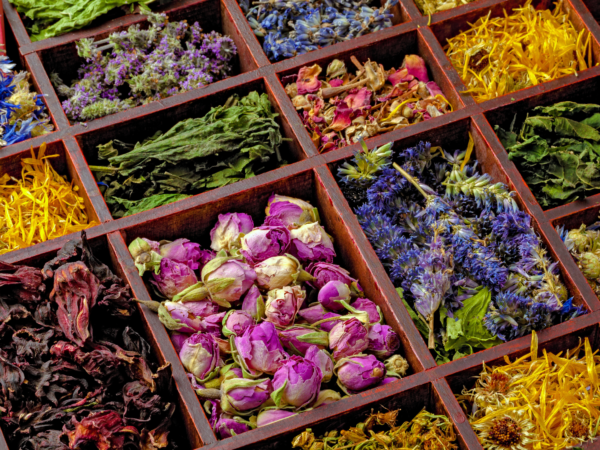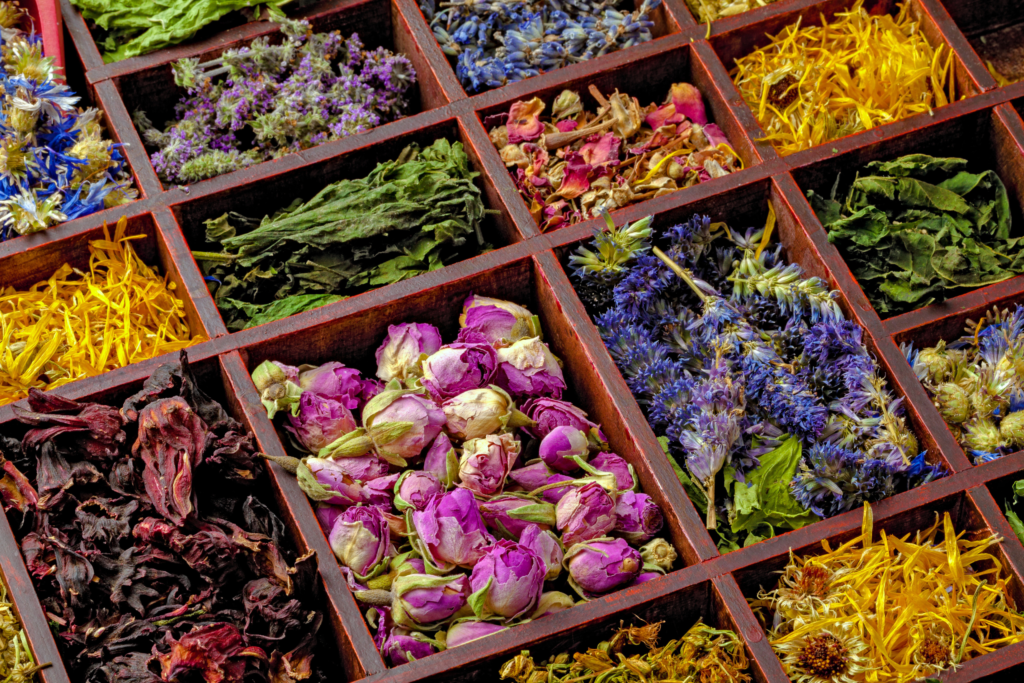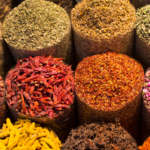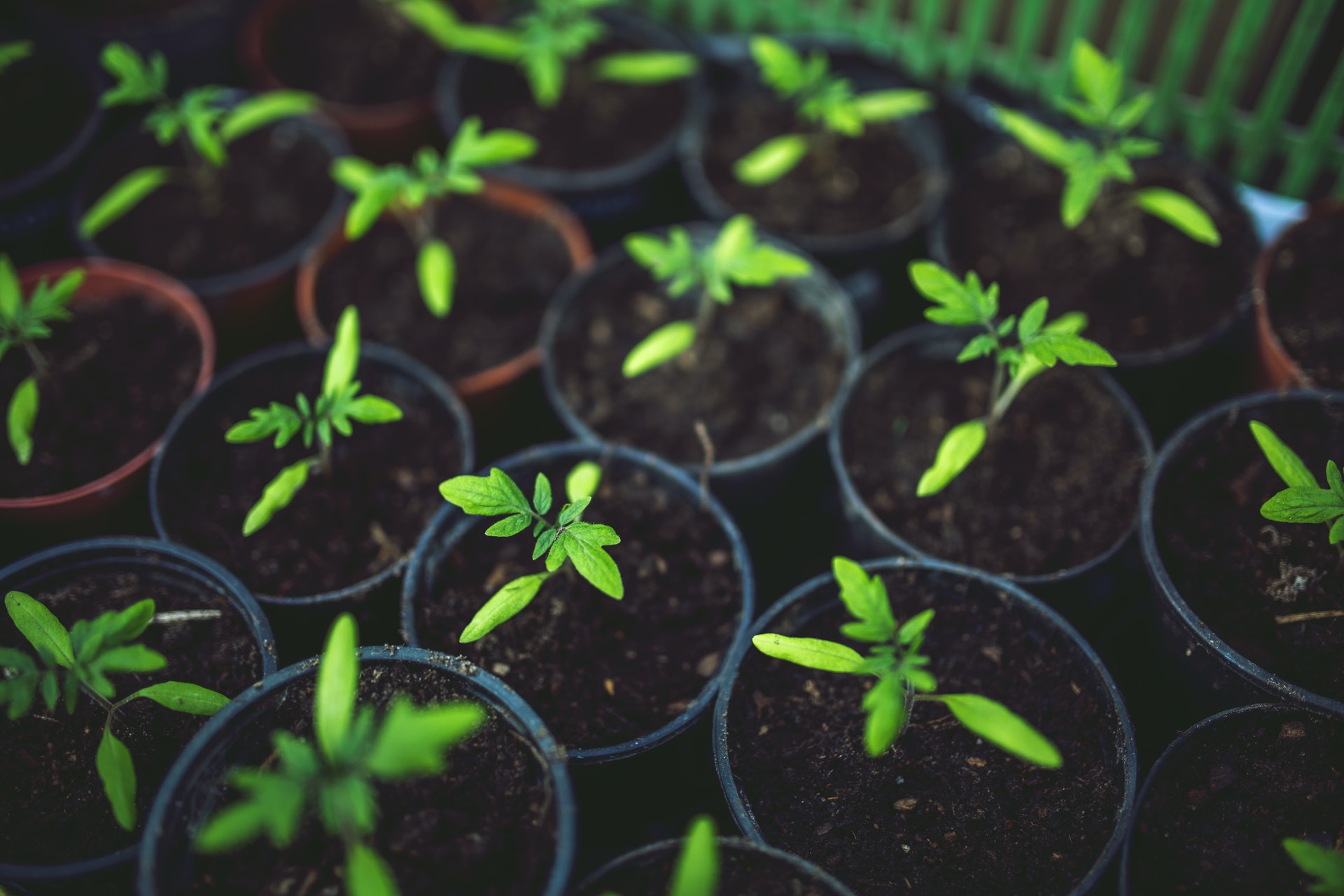

Tea, a timeless beverage enjoyed across cultures, holds a special place in the hearts of millions worldwide. Among the vast array of teas available, African tea has emerged as a standout for its superior quality, bold flavors, and numerous health benefits. From the rolling hills of Kenya to the lush plantations of Malawi, African tea captivates global tea lovers and has become a favorite import for companies worldwide. Here’s why African tea is considered the best in the world.
Africa: The Land of Exceptional Tea
Tea cultivation in Africa dates back to the colonial era, but it has since evolved into a thriving industry driven by local expertise and a dedication to excellence. Countries like Kenya, Rwanda, Malawi, Tanzania, and Uganda are renowned for producing some of the finest teas, each with unique characteristics that reflect the region’s diverse climates and rich soils.
Kenya, for instance, is the world’s largest exporter of black tea, while Rwanda and Malawi are known for their distinctive flavors and innovative processing methods.
Why African Tea Stands Out
-
Ideal Growing Conditions
African tea plantations benefit from the continent’s fertile volcanic soils, abundant rainfall, and high altitudes. These conditions create the perfect environment for cultivating tea with robust flavors and rich nutritional content. -
Unique Flavor Profiles
- Kenyan Tea: Known for its bright color, strong flavor, and full-bodied character, making it a favorite for blends like English Breakfast.
- Rwandan Tea: Offers a smooth, slightly sweet taste with hints of malt and fruit, appealing to those who enjoy nuanced flavors.
- Malawian Tea: Renowned for its briskness and earthy undertones, often used in premium blends.
-
Handcrafted Excellence
Many African teas are handpicked to ensure only the finest tea leaves are harvested. This meticulous process preserves the quality of the leaves and enhances their natural flavors. -
Sustainability and Ethical Practices
African tea producers prioritize sustainability, with many plantations adhering to ethical practices that ensure fair wages for workers and environmentally friendly farming methods. Certifications like Fair Trade and Rainforest Alliance are common among African tea exporters.
Health Benefits of African Tea
African tea is not just delicious—it’s packed with health benefits that make it a great addition to any diet:
-
Rich in Antioxidants
African teas, particularly black and green varieties, are high in polyphenols and catechins, which help combat free radicals, reduce inflammation, and support overall health. -
Boosts Heart Health
Drinking tea regularly can lower the risk of heart disease by improving blood circulation and reducing bad cholesterol levels. -
Supports Mental Alertness
The moderate caffeine content in African tea helps improve focus and alertness without the jittery effects of coffee. -
Aids Digestion
Many African teas have digestive properties, soothing the stomach and promoting gut health. -
Enhances Immune Function
The antioxidants and vitamins in tea can help strengthen the immune system and protect against illnesses. -
Stress Relief
Herbal teas from Africa, such as rooibos (native to South Africa), are caffeine-free and known for their calming effects, making them an excellent choice for relaxation.
”As you sip your next cup of tea, remember: the best flavors come from the heart of Africa. Let African tea transport you to the rolling hills and sun-drenched plantations where the journey begins…”
The Process Behind Africa’s Best Tea
-
Cultivation
Tea bushes in Africa are grown at high altitudes, where cooler temperatures allow the leaves to mature slowly, enhancing their flavor and aroma. -
Harvesting
Skilled workers handpick only the top two leaves and a bud, ensuring the highest quality. -
Processing
The method of processing depends on the type of tea:- Black Tea: Undergoes withering, rolling, oxidation, and drying to develop its bold flavor.
- Green Tea: Skips oxidation, retaining its natural green color and delicate taste.
- Herbal Teas (e.g., Rooibos): Processed naturally to preserve their soothing and healthful properties.
-
Sorting and Grading
Tea leaves are meticulously sorted and graded by size, color, and quality before being packaged for export.
Why Companies are Importing African Tea
- Unmatched Quality: African tea’s vibrant flavors and exceptional quality make it a preferred choice for both specialty and everyday tea blends.
- Rising Demand for Premium Tea: As consumers seek healthier and more flavorful beverages, African tea continues to stand out in the global market.
- Diverse Varieties: From bold black teas to calming herbal blends, Africa offers a tea for every taste.
- Ethical and Sustainable Practices: Companies value the transparency and ethical standards upheld by African tea producers, aligning with consumer preferences for responsible sourcing.
Conclusion: Africa, the World’s Tea Capital
African tea is more than just a commodity—it’s a symbol of heritage, craftsmanship, and sustainability. Its rich flavors, diverse varieties, and health benefits make it a staple in households and cafes worldwide. By choosing African tea, companies are not only delivering a superior product but also supporting the farmers and communities who pour their dedication into every leaf.
For tea lovers, African tea offers a chance to savor the world’s most delicious and healthful brews. Whether it’s the robust flavor of Kenyan black tea or the soothing warmth of South African rooibos, every cup tells a story of Africa’s natural bounty and the skill of its people.
As you sip your next cup of tea, remember: the best flavors come from the heart of Africa. Let African tea transport you to the rolling hills and sun-drenched plantations where the journey begins.


